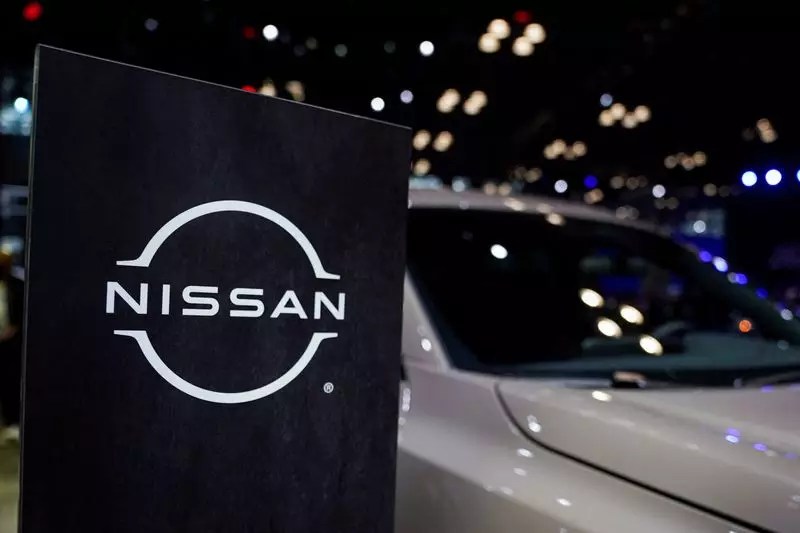Recently, Nissan Motor Co. found itself in a precarious position as its stock price plummeted by up to 10% during trading on the Tokyo Stock Exchange. This drastic decline was triggered by the company’s announcement to reduce its workforce by 9,000 positions and slash its manufacturing capacity by 20%. These decisions come in the wake of significant struggles in both the Chinese and U.S. markets, resulting in the company adjusting its operating profit forecast for the year downward by a staggering 70%. The reduction in the net profit forecast highlights the extreme measures Nissan is taking to streamline operations and curb expenses that could amount to approximately 400 billion yen ($2.61 billion) by the end of its financial year.
Nissan’s plight is reflective of broader challenges facing established automotive manufacturers in the wake of rising competition, particularly from Chinese companies such as BYD. These domestic competitors have aggressively captured market share by offering affordable electric vehicles (EVs) and petrol-electric hybrids that are not only cost-effective but also feature sophisticated software. In the U.S. market, where consumer demand for hybrids is surging, Nissan’s lack of a comprehensive hybrid lineup has left the company at a disadvantage. CEO Makoto Uchida has admitted that the company failed to anticipate the rapid rise in hybrid popularity, revealing a critical gap in market insight and product planning.
The recent restructuring is not an isolated incident; it is part of a larger narrative that includes Nissan’s long-term struggle following the scandalous exit of former Chairman Carlos Ghosn in 2018 and a diminished collaboration with Renault. The company’s mid-term strategic plan, unveiled earlier this year, promised ambitious goals, such as the release of 30 new models over the next three years and an increase in global sales by one million vehicles. However, analysts like Seiji Sugiura have raised concerns over the feasibility of these targets, suggesting that Nissan’s management may have a misaligned understanding of both market dynamics and consumer expectations.
The Japanese government has so far been tight-lipped regarding potential support for Nissan, despite the significant implications for the nation’s automotive industry. The Economy, Trade and Industry Minister, Yoji Muto, declined to comment on the matter, leaving uncertainty about whether the government will intervene to assist Nissan as it navigates these turbulent waters.
As Nissan attempts to realign its strategies and operations in the face of mounting pressure, the path forward remains fraught with challenges. Whether the company’s efforts will yield the desired results or whether it will continue to struggle in a rapidly evolving automotive landscape will depend on its ability to adapt to consumer preferences, regain market share, and restore investor confidence. The stakes have never been higher for a company that once stood as a pillar of the automotive industry.


Leave a Reply